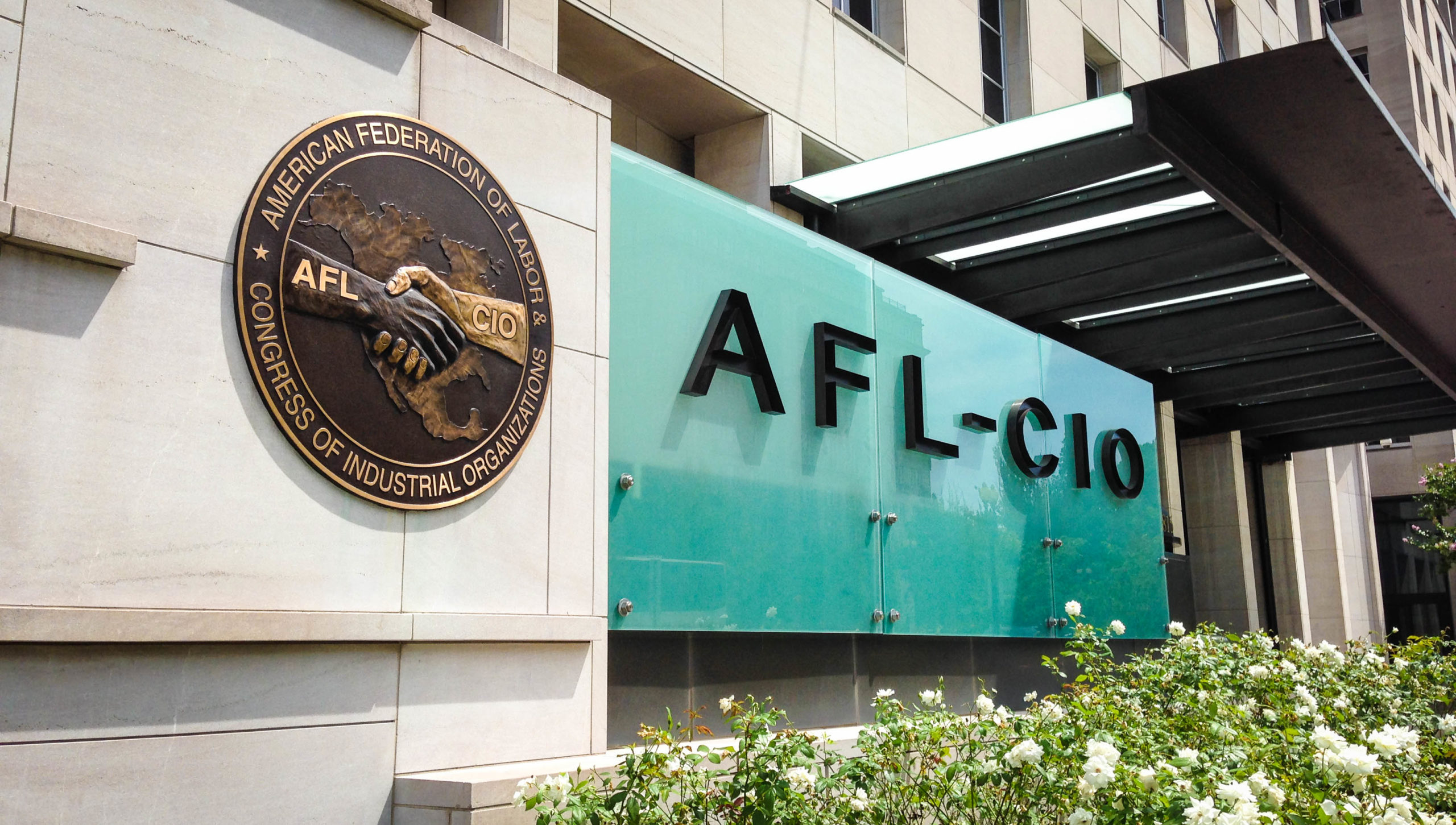The country’s largest labor union voted to hike union membership dues for the first time in 17 years – all in an effort to fund a 1-million-new-member recruitment drive. Bloomberg Law reported the union anticipates the hike in dues will raise $10 million per year for the recruitment drive from AFL-CIO’s membership of 12 million workers in 58 affiliated unions.
AFL-CIO President Elizabeth Shuler called the recruitment drive an “unparalleled investment dedicated exclusively to organizing to build power for America’s workers seizing this unprecedented moment.”
Yet the 1 million workers pledge, as Bloomberg Law noted, would try to grow the union population by 7% during a time of shrinking union membership.
The dues hike is expected to be 5 cents per member and per month, according to AFL-CIO, but several affiliated unions also announced higher dues hikes to their members.
One such union is the International Brotherhood of Electrical Workers (IBEW), which authorized an increase of $2 per month for a specific category of union members called “A” that will go into effect January 1, 2023. In total, IBEW union members under category “A” currently pay $55.50 a month for local union dues, jury duty, and death benefit while members in category “B” pay $34.50 a month for similar benefits.
The Utility Workers Union of America (UWUA) also listed dues hikes on its website. UWUA wrote, “The amount of the monthly membership increase is two dollars and sixty-four cents ($2.64) per month.” They also listed where some of the dues go, which includes the national AFL-CIO body’s General Fund ($26.47) and the Special Defense and Organizing Fund ($2.97).
It is unclear if the dues hike for IBEW and UWUA are directly related to AFL-CIO’s vote, but in a time of rising inflation, increasing union membership dues will affect union members’ paychecks.
